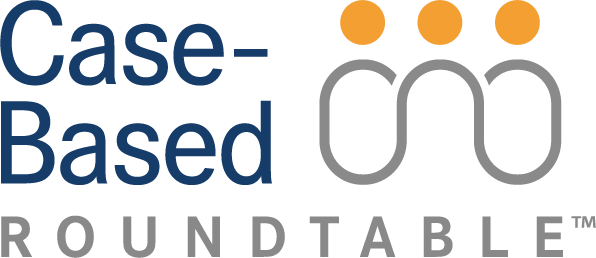
Key Considerations for Selecting Frontline Therapy in Advanced RCC

Naomi B. Haas, MD, discusses how patient characteristics and preference influence the choice of frontline treatment for advanced clear cell renal cell carcinoma.
Episodes in this series

Naomi B. Haas, MD, director of the kidney and prostate cancer program at Penn Medicine and professor of medicine at the Hospital of the University of Pennsylvania, discusses how patient characteristics and preference influence the choice of frontline treatment for advanced clear cell renal cell carcinoma (RCC).
There are 4 regimens that are preferred by National Comprehensive Cancer Network guidelines for patients with intermediate- or poor-risk disease: cabozantinib (Cabometyx) plus nivolumab (Opdivo), lenvatinib (Lenvima) plus pembrolizumab (Keytruda), axitinib (Inlyta) plus pembrolizumab, and ipilimumab (Yervoy) plus nivolumab. The first 3 of these regimens are also preferred for favorable-risk disease.
Haas says that patients with a high tumor burden could benefit from cabozantinib/nivolumab or lenvatinib/pembrolizumab since these regimens have a short time to response and can induce a deep response. However, physicians should consider whether patients have autoimmune disease for all regimens with immune checkpoint inhibitors since these patients were excluded from clinical trials of these regimens and they could cause severe adverse events (AEs).
For younger patients, she suggests that ipilimumab/nivolumab could be beneficial due to having the longest durability of response and offering the potential to end treatment. Axitinib/pembrolizumab could be considered for older patients whose priority is avoiding AEs, provided their disease is not rapidly progressing.
TRANSCRIPTION:
0:08 | If we focus on just the patients with intermediate- or poor-risk features, because there you have 4 different combinations to consider, I look at their tumor burden. I also look at their underlying health conditions. So if they have a very high tumor burden, and they don't have any serious autoimmune considerations—for example, they don't have lupus or they don't have severe rheumatoid arthritis or Crohn disease, things like that—and they have a high tumor burden, then, generally, I want something that's going to work very quickly. And both cabozantinib/nivolumab and lenvatinib/pembrolizumab have the deepest, quickest responses in those patients. And so those are the kind of the go-to that I use in that setting.
1:06 | However, if they were a younger patient, and they have advanced disease, and they meet either intermediate- or poor-risk criteria, I'm also a big fan of ipilimumab/nivolumab because that has the longest durability of response and there are patients that are younger that would like to consider that approach because they have the hope of sustaining a very durable response, and they might eventually be able to come off of therapy. That's always a very attractive option for patients. If they're older, and/or they're [averse to treatment], I think axitinib/pembrolizumab is also a nice option. And if I think their disease isn't kind of rocketing or exploding, I would also offer axitinib and pembrolizumab in that setting.























